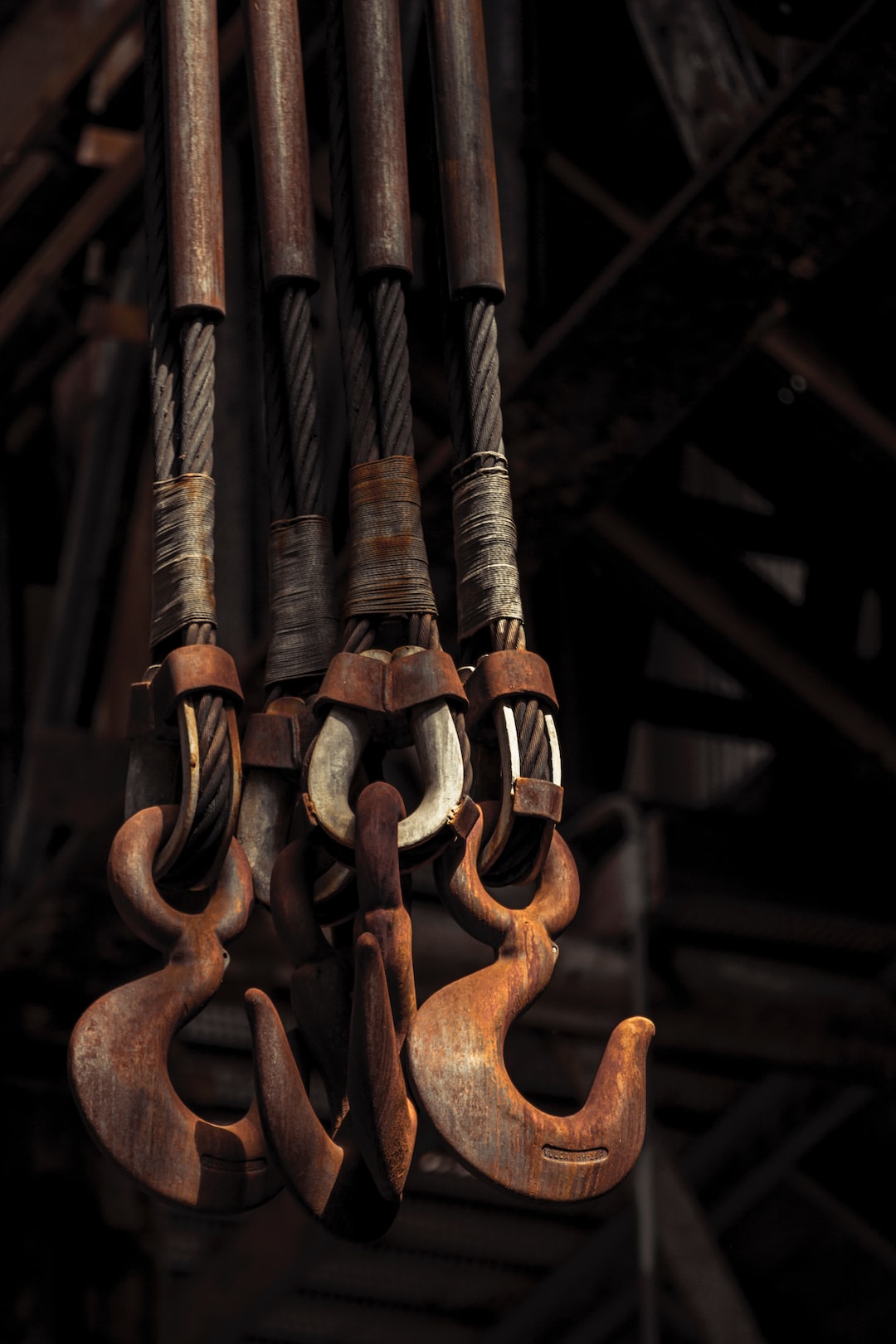Automation is revolutionizing the way manufacturing processes are running by taking over many of the monotonous and repetitive tasks that were once carried out by humans. The rise of automation in manufacturing is bringing about a new era of innovation, productivity and efficiency.
Advancement in technology has enabled the development of automation systems that can perform tasks that were once exclusive to human labor. Robots, for example, have played a critical role in automating manufacturing processes. They can operate 24/7, complete tasks in a shorter amount of time and with higher precision. This has led to lower costs and increased efficiency in production.
One of the most significant advantages of automation in manufacturing is the improved quality control. Automated systems are programmed to carry out tasks with precision and accuracy without the risk of human error. For example, robots in the assembly line use sensors to check for faulty or misaligned parts, thereby reducing the incidence of errors that would otherwise be difficult to detect.
Another significant advantage of automation in manufacturing processes is the reduction of injuries and accidents. Automation has taken over many of the dangerous tasks such as lifting and moving heavy loads, which used to be performed by human labor. This has led to a significant decrease in workplace accidents and injuries, which ultimately creates a safer working environment for employees.
Furthermore, automation in manufacturing processes has also improved the speed and flexibility of production. Automated production lines can work non-stop, resulting in large quantities of consistent products within a short period. Automated systems are also versatile and can be easily reprogrammed to accommodate the introduction of new products or changes in production requirements.
The adoption of automation in manufacturing processes also contributes to the reduction of labor costs. Automated systems can work tirelessly, which leads to increased output with fewer employees. This saves on labor costs and maximizes profits. Moreover, with the incorporation of the latest technologies, equipment lifespan has also increased, and additional maintenance costs have been reduced.
With the increase in global competition, manufacturers need to stay ahead of the curve by improving efficiency and reducing costs. Automation in manufacturing plays a key role in achieving these goals. With automation, manufacturing processes are carried out with high speed, accuracy, and efficiency while reducing costs and improving safety.
In conclusion, automation is revolutionizing the manufacturing processes in several ways. The improvement in quality control, safety, and flexibility, along with the reduction in labor costs, are just a few examples of how automation systems are changing traditional manufacturing processes. As advancements in automation technologies emerge, it is clear that many more benefits are yet to come.

